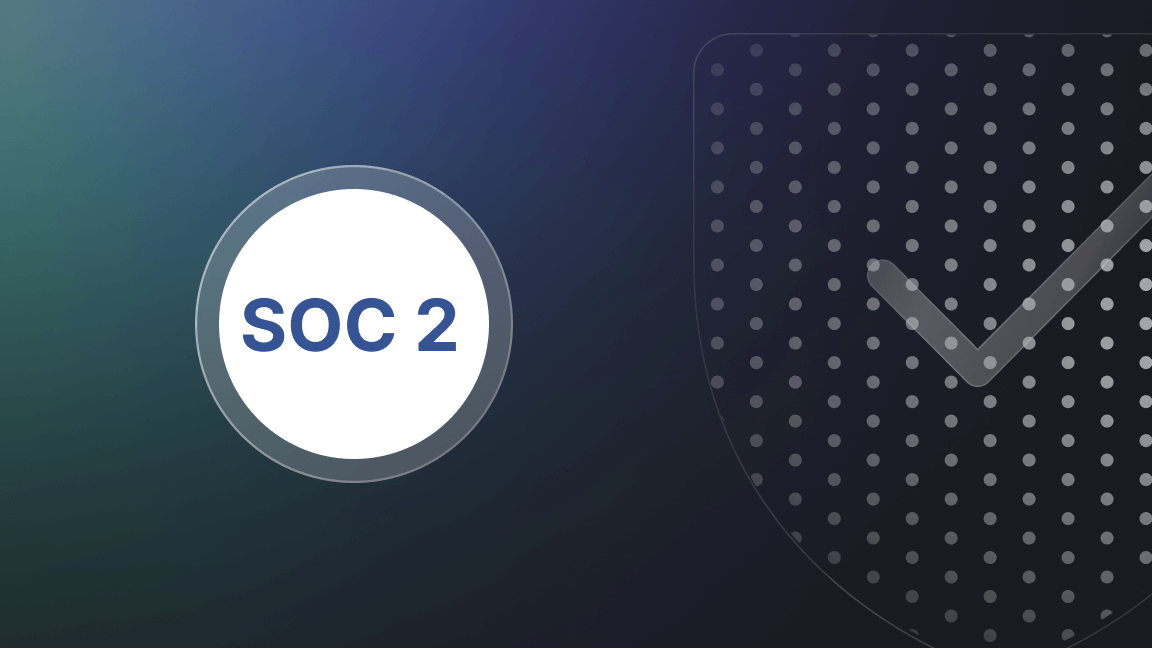The Craigslist v. RadPad case serves as a notable example of the legal challenges web scraping platforms have faced. The 2017 ruling imposed strict limits on scraping, with the court siding heavily with Craigslist, Inc. for unauthorized data use by RadPad, Inc. However, more recent rulings—like hiQ Labs v. LinkedIn—have shifted the legal landscape, narrowing interpretations of what constitutes "unauthorized access" under laws like the CFAA. This case review looks at the details of Craigslist v. RadPad and how it contrasts with more current developments in web scraping legality.
Craigslist v. RadPad case background
In the Craigslist, Inc. vs. RadPad. Inc. case (“Craigslist v. Radpad”), the court laid down important rules for web scraping that were considered a step back for web scrapers in 2017. Fortunately for web scraping, some important parts of the ruling have been superseded by more recent cases (notably the hiQ Labs v. LinkedIn Corp. case), moving the line for the legality of scraping in its favor.
Craigslist vs. RadPad revolves around a legal dispute in 2016 between Craigslist, Inc. – a central online classified advertisements platform with sections devoted to, among others, housing ads (“Craigslist”) – and RadPad, Inc. – a rental listings startup (“RadPad”). Craigslist accused RadPad of collecting and reusing housing listings without their authorization and sued RadPad for several claims, including breach of contract, violation of the Computer Fraud and Abuse Act, 18 U.S.C.§§ 1030 et seq (the “CFAA”), The Controlling the Assault of Non-Solicited Pornography And Marketing Act of 2003 (the “CAN-SPAM”) Act, and copyright infringement.
Even though RadPad argued that it was simply aggregating publicly available information for users and was not damaging Craigslist, the lawsuit resulted in a landslide win for Craigslist, imposing astronomical fines on RadPad.
The case occurred shortly after Craigslist settled with 3Taps, Inc. ("3Taps"), sued for similar activities in Craigslist, Inc. v. 3Taps, Inc. et al.
According to Craigslist, RadPad initially received scraped data from 3Taps. Moreover, RadPad provided feedback to 3Taps about its scraping services and helped refine the data feed.
The courts ruled that RadPad had materially contributed to 3Taps' unlawful distribution of Craigslist user listings.
Despite the outcome of the 3Taps litigation and despite receiving a cease-and-desist letter from Craigslist, RadPad, and its agents allegedly began their independent efforts to scrape Craigslist’s site.
Terms of Use breach
A breach of contract claim, specifically for violating the anti-scraping provision in the terms of service, often serves as the initial trigger for lawsuits. However, on its own, this type of claim is usually relatively weak, as the typical remedy would simply be the termination of the violating user's account.
Craigslist’s Terms of Use prohibited, among other things, the use of “[r]obots, spiders, scripts, scrapers, crawlers” and the transmission of any “misleading, unsolicited, unlawful, and/or spam postings/email.” Craigslist’s Terms of Use further prohibited collecting “users’ personal and/or contact information.”
The court held that RadPad's use of Craigslist's website and services implied acceptance of those terms. This way, the court upheld the legal doctrine of so-called "browsewrap" agreements, where website users are deemed to have accepted online terms simply by using the website, as long as the terms are conspicuously posted and reasonably accessible.
Surprisingly, the court did not consider RadPad's argument that they did not affirmatively accept the Terms of Use, which is an important aspect that often results in browsewrap agreements' unenforceability.
CFAA violation
In the context of the CFAA violation claim, it is important to note that one does not need an account to access most content on Craigslist. You can search listings, view ads, and contact sellers or posters without creating an account.
However, according to the courts, the manner in which RadPad accessed Craigslist data and used it in violation of the Craigslist Terms of Use constituted use “without authorization,” as that term is used in the CFAA. This ruling reinforced the idea that scraping data from a website in violation of its terms, especially when technical measures are circumvented, can be considered unauthorized access under the CFAA.
Over the years, the interpretation of “without authorization” has been narrowed down, particularly in the hiQ Labs v LinkedIn case, where the court emphasized that the CFAA was not intended to penalize access to “publicly available information” even if accessed by overcoming technical barriers, and defined the “publicly available information” as information accessible just by visiting the website without creating a user account – without any authentication needed.
Copyright infringement
In order to be able to bring a copyright claim, it must be proven that the plaintiff (i) owns the copyright and (ii) the disputed material is copyrightable.
Usually, a platform provider might not own the copyright to user-generated content, but to be able to bring infringement claims against 3Taps, Craigslist temporarily changed its terms of service to gain an exclusive assignment of copyright rights to user content.
Furthermore, Craigslist filed several copyright registrations in 2015 covering Craigslist postings (compilations) that RadPad received from 3Taps and subsequently publicly displayed on the RadPad Website, constituting secondary liability for copyright infringement.
These key moves resulted in a successful copyright infringement claim, as Craigslist was an exclusive copyright owner for the postings in question.
CAN-SPAM rules violation
While this claim is not directly related to the web scraping activity itself, it is worth noting since it resulted in the most serious (considering the portion of the fine imposed on RadPad) misconduct for which RadPad was charged and convicted—violation of the CAN-SPAM act. RadPad sent a large volume of unsolicited commercial emails to Craigslist users, with false and misleading header information and subject lines, through a whitelisted third-party provider to bypass Craigslist’s spam filters.
Conclusion
The Craigslist v. RadPad ruling raised some significant concerns. Craigslist's surprising move to temporarily modify its terms to claim copyright over user-generated content that it otherwise did not own seems a bit opportunistic, prioritizing Craigslist's corporate interests.
Fortunately, courts later questioned such intentions as it may cause the “possible creation of information monopolies that would disserve the public interest.” (hiQ Labs v. LinkedIn case; again cited in the recent BrightData v. X case).
Furthermore, as mentioned, the court used a broader definition of “access without authorization” under the CFAA. More recently, courts diverged from this restrictive interpretation and moved to a narrower definition as the original purpose of this piece of law was combating hacking, not restricting access to publicly available data (hiQ Labs v. LinkedIn case).
Last but not least, browsewrap agreements, which rely on passive consent, have faced legal challenges in recent years for their lack of enforceability, particularly when users are not given conspicuous notice or an opportunity to agree to the terms affirmatively. Allowing Craigslist to enforce such an agreement reinforced the idea that large platforms could bind users without meaningful consent.
The Craigslist v. RadPad decision is an example of rather restrictive interpretations of data access and user rights, which should be reconsidered in light of evolving case law and a growing understanding of the public interest in maintaining open access to information. However, even though the case may be outdated to some extent, it’s still important to keep it in mind when assessing the legal implications of your web scraping project.
An informal talk with Apify's COO and former lawyer, Ondra Urban, explaining the legal status of web scraping
We are lawyers, but we are not your lawyers. Even though we want to help as much as we can, we do not know the details of your project. For professional legal advice, please talk to a certified lawyer in your country.






